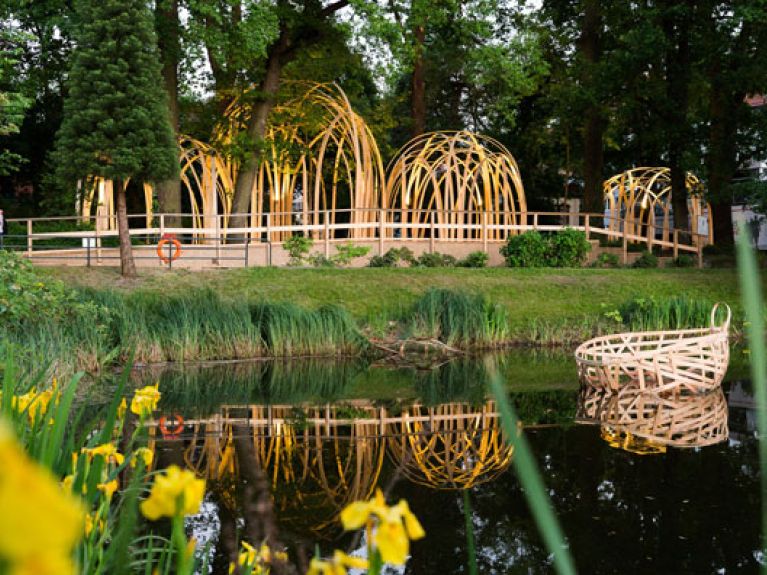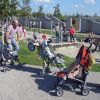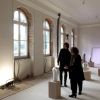Wooden boats with a powerful message
Everyone wants to be treated in a fair and just manner. But how can a vision of a fair and just world be turned into reality? These are the questions being addressed in Wittenberg.

Germany. Fairness can be easily explained using a cake – one that is cut into equal slices so that everyone gets the same amount. That is obvious even to any small child. But is it really so simple? Would it not be fairer if everyone were given a slice big enough to satisfy their appetite? And do we only divide the cake up so precisely because someone is checking that all the slices are the same size? This is something scholars have been philosophising and arguing about for centuries.
“Week of Justice” in Wittenberg
It was the desire for a fair and just society and the view that each of us is responsible for our own actions that served as the main guiding principles for the reformer Martin Luther 500 years ago. Ideas and food for thought will be provided during the many events of the “Theme Week Justice” that is taking place in Wittenberg, a town with strong connections with Luther, from 21 to 26 June. In addition, justice, peace and the integrity of creation are a central theme of the “World Reformation Exhibition” that is on show in Wittenberg until 10 September.
Refugee boats as a symbol of injustice
The various elements of this exhibition were designed as part of a university competition. For the “Gate of Freedom: Justice”, students from Salzburg University of Applied Sciences opted for some powerful symbolism: refugee boats. After all, poverty, war and environmental destruction are the main reasons for refugees and migration. Now wooden boats used by refugees to cross the Mediterranean are bobbing around in Wittenberg’s Schwanenteich pond – not only as a reminder, but also to use the wood to create something new and positive.
Is it possible to create a fair and just world order?
The issue of justice is omnipresent in this era of globalisation, and especially during the anniversary year of the Reformation. Given today’s globally interconnected economy, climate change, crises and wars, as well as the regional imbalances between rich and poor, young and old, countries are battling to create a fairer world order. It is a matter of ensuring equal opportunities for all people, regardless of their ethnicity, religious beliefs or gender, appropriate wages, fair distribution of wealth, sustainable use of resources, political co-determination and reliable legal systems, educational opportunities and burden sharing between generations.
Theme Week Justice, 21-26 June, Wittenberg

